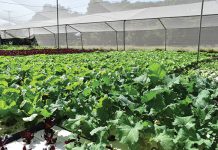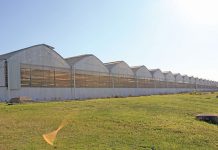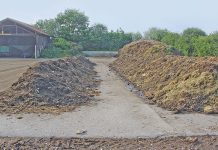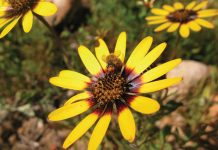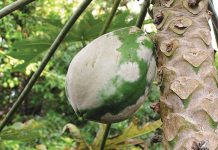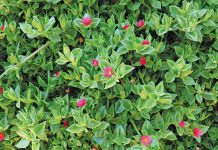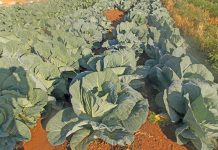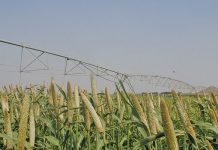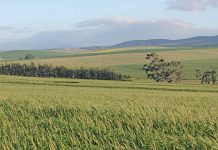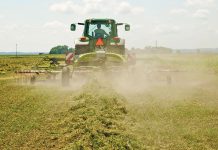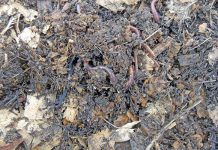Choose the right hydroponics system for your operation
There are a number of farming systems available to producers that involve the growing of plants in water. Magda du Toit looks at the fundamentals of these methods, as well as their advantages and drawbacks.
Why humidity is crucial in climate control
By manipulating environmental conditions, and paying equal attention to temperature and humidity, greenhouse growers can improve the quality of their crops and maximise yields.
Compost problems, and how to fix them
A poorly managed compost pile will take a long time to decompose. Here are the signs of trouble to look out for.
The value of pollinators for seed production
In a study to provide a global estimate of the importance of pollinators for plants in natural ecosystems, researchers from Stellenbosch University, led by Dr James Rodger, a postdoctoral fellow in mathematical sciences, found that, without pollinators, one-third of flowering plant species wouldn’t produce seeds at all.
Papaya diseases and viruses
Diseases and viruses of papayas include damping off, powdery mildew, black spot and root rot. All can be treated or prevented.
Water-wise plants for your garden
Many South African gardens contain exotic species that originate from regions with far higher rainfall than occurs here. As a result, gardeners have to water them frequently. The answer? Beautiful indigenous plants.
The value of informal record-keeping
If you record your production and general farming notes in a diary, you’ll have ready access to a wealth of information in a few years, says Bill Kerr.
Using common sense to be successful
It takes time and effort to know how to control pests and fertilise crops. There is no simple one-size-fits-all solution, says Bill Kerr.
Pasture varieties and their potential in SA
Summer-planted pastures can boost a farmer’s profits by keeping animal production high. Renowned grazing specialist Prof Chris Dannhauser says there is a variety of these crops to choose from and, as Susan Marais found out, many can also be used in winter in the form of hay, foggage and silage.
Management of important grain diseases
Plant pathology scientists Dr Gert van Coller and Dr Bradley Flett spoke to Pieter Dempsey about some diseases that pose significant threats to South Africa’s maize and wheat production, and how to control them.
The influence of weather on lucerne hay quality
There is still limited research available on the effects of weather on lucerne production in South Africa, This article, written by lucerne specialist Dr Gerrie Scholtz, agricultural economist Walter van Niekerk, and others, was published by the National Lucerne Trust and offers some insight on the matter, based on recent observations.
Getting to know earthworms
More than 2 000 species of earthworm have been identified worldwide and there are 300 known species in South Africa.

